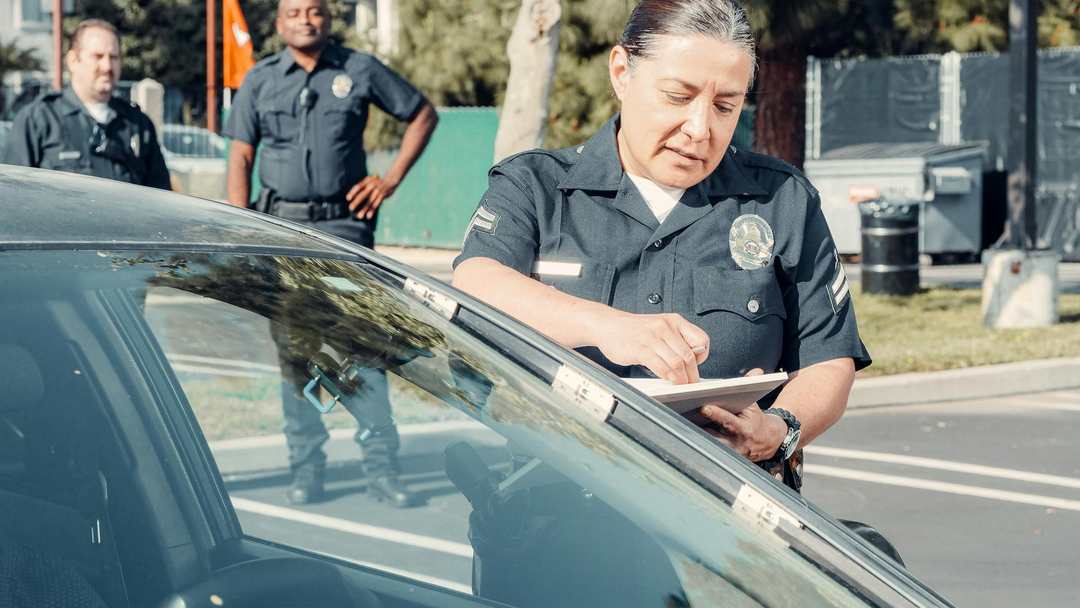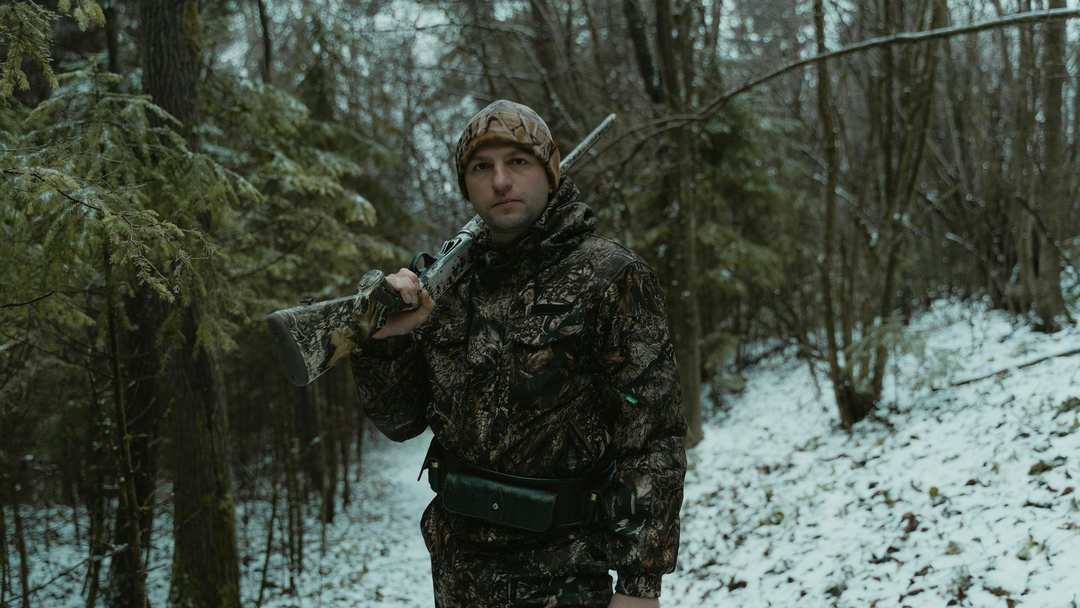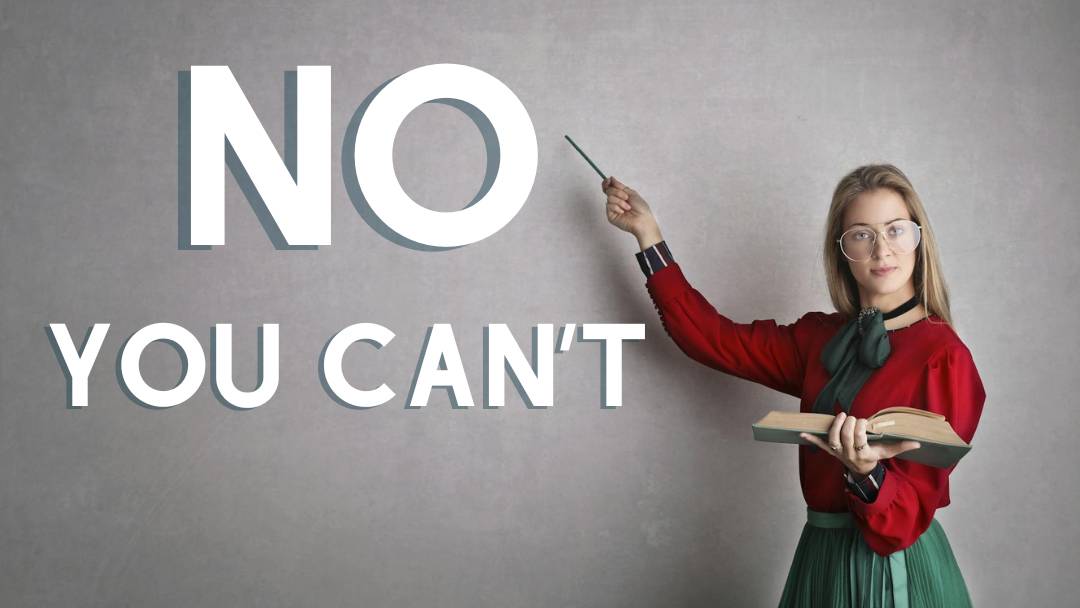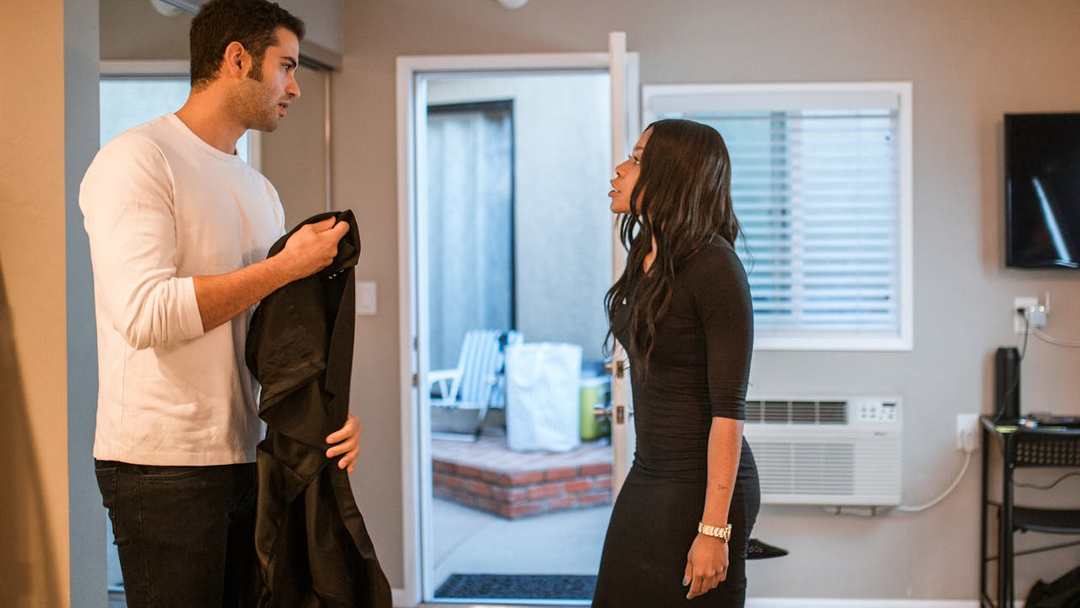Published Michigan Court of Appeals Opinion
Docket No(s) 362161
Lower Court Docket No(s) 2021-000966-FC
Hood, J.
“Crimes are supposed to be defined by the legislature, not by clever prosecutors riffing on equivocal language.”
[*1] “[C]rimes are supposed to be defined by the legislature, not by clever prosecutors riffing on equivocal language.” Dubin v United States, 599 US ___, ___; 143 S Ct 1557, 1572; ___ L Ed 2d ___ (2023) (quotation marks and citation omitted).
At issue here is the equivocal (subject to two or more interpretations and usually used to mislead or confuse) language of the reckless driving statute, MCL 257.626, which prohibits “operat[ing] a vehicle . . . in willful or wanton disregard for the safety of persons or property . . . .” MCL 257.626(2).
The traditional, narrow understanding and application of this statute is that it criminalizes driving in a reckless manner. The prosecution’s novel, expansive reading of this statute would also criminalize the decision to drive a vehicle that is not appropriately maintained due to the risk of potential mechanical failure.
Under this novel prosecution theory, a jury convicted defendant Timothy John Otto for reckless driving causing death, MCL 257.626(4).
The prosecution’s theory was that Otto failed to maintain the truck he was driving and that failure made him criminally liable under MCL 257.626(4)when the truck’s brakes failed while he was driving it, causing a wreck that resulted in a child’s death.
On appeal, Otto argues that he was denied effective assistance of counsel because his trial counsel failed to move to dismiss the reckless-driving charge when the facts of this case— failing to maintain a vehicle and then operating the poorly maintained vehicle—cannot support a [*2] conviction under MCL 257.626(4). 1
We agree. The text and context of MCL 257.626(4), and more broadly the Motor Vehicle Act, MCL 257.1 et seq., do not support the boundless interpretation underpinning the prosecution’s theory and Otto’s conviction.
We vacate his conviction. To hold otherwise would be to allow the prosecution—not the Legislature—to criminalize a wide array of commonplace conduct (such as failing to check your brakes, driving on old tires, and driving on empty) that the Legislature did not intend to outlaw.
FAQ
What is conviction vacated mean?
When a sentence is vacated: It legally annuls the conviction. Vacating a criminal sentence means removing that conviction from a person’s record. The record will then appear as if the person was never charged and convicted of a crime.
Why would a sentence be vacated?
Someone who has their conviction vacated are released from custody under certain conditions, such as a plea bargain being breached, proof of ineffective counsel, court bias, or another similar factor that might have impacted the outcome of the original trial.
Is vacating the same as dismissing?
‘Vacating’ or ‘setting aside’ is used when referring to nullifying a specific judgment from the judge (in this case, a guilty or ‘no contest’ judgment).
‘Dismissing’ applies to the entire case. It means that the case is thrown out for reasons other than its factual merits.
Does vacated mean innocent?
Winning the motion to vacate doesn’t mean that this is the end of the matter. The conviction or sentence is canceled as if it never existed, but the court doesn’t close your case. Instead, the prosecutor then decides whether to drop or pursue the original charges.
More Posts

The “Automobile Exception” in Michigan law
The "automobile exception" in Michigan law allows police to search a vehicle without a warrant if they have probable cause to believe it contains evidence of a crime.This exception is grounded in the idea that vehicles are inherently mobile, meaning evidence could be...

Can You Be Charged for Using Your Phone During a Crime in Michigan?
Your breaking the law if you are using a cellphone while driving. On top of that if you're committing a crime and you use the phone... You're in for a prosecutor's extra round of office high fives.Can You Be Charged for Using Your Phone During a Crime in Michigan?...

The search being challenged was triggered by the odor of cannabis
The case People of Michigan v. Freddie Wilkins III (No. 367209) revolves around a legal challenge regarding the search of a vehicle without a warrant.Police conducted a warrantless search under the "automobile exception."The case People of Michigan v. Freddie Wilkins...

Prohibited person possessing firearm
Thinking about going hunting? Not if you are a person who is prohibited from possessing a firearm in Michigan.In Michigan, certain individuals are legally prohibited from owning or possessing a firearm. Being caught with a firearm if you fall under this category can...

Carrying a Concealed Weapon in Michigan
Carrying a concealed weapon (CCW) in Michigan without proper authorization is a crime.Carrying a concealed weapon (CCW) in Michigan without proper authorization can lead to serious criminal charges. Michigan law has strict regulations regarding firearms, and violating...

MI Supreme Court Declines to Intervene in Public Records Dispute
Michigan Supreme Court Declines to Intervene in Public Records DisputeTeachers Union and School District at Odds Over Data AccessThe Michigan Supreme Court recently declined to hear a case regarding whether public school teachers' class materials are subject to the...

Felony Firearm Possession in Michigan
Felony Firearm Possession in Michigan.In Michigan, the laws surrounding firearms are strict, especially when it comes to felony firearm possession. If you’re charged with a felony and found to be in possession of a firearm during the crime, the penalties can be...

Charged with Involuntary Manslaughter for “Stopping” Thief
Charge with involuntary manslaughter for stopping thief.PEOPLE OF THE STATE OF MICHIGAN V. HASSAN WALID AIYASHCase Summary: This case revolves around a gas station attendant who was charged with involuntary manslaughter after a patron was fatally shot inside the...

Unlawful Possession of a Controlled Substance in Michigan
Unlawful Possession of a Controlled Substance in MichiganIn Michigan, being caught with illegal drugs can lead to serious consequences. The state has strict laws on drug possession, and unlawful possession of a controlled substance is one of the most common charges....

Childless Divorce in Michigan
Childless Divorce in Michigan Property Disputes and False AccusationsDivorce can be a challenging process, especially when there are significant disagreements over property and accusations flying between the parties. In Michigan, even childless divorces can involve...








